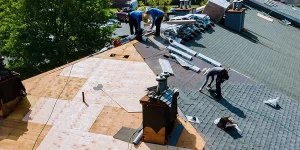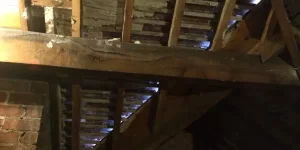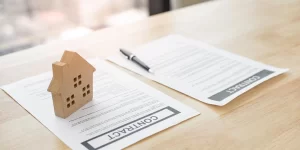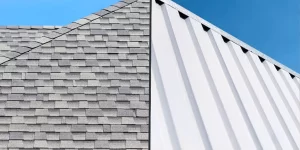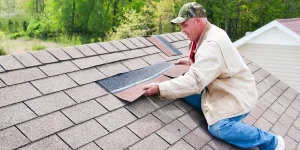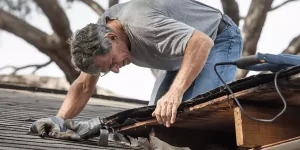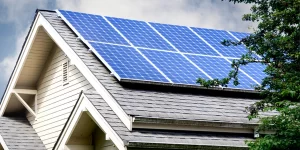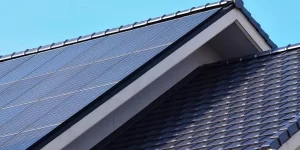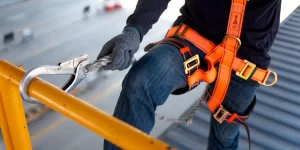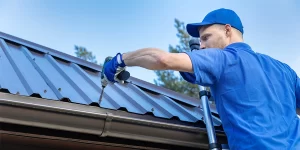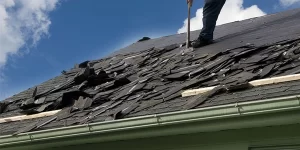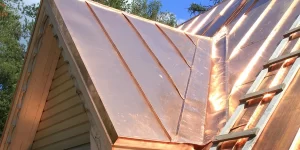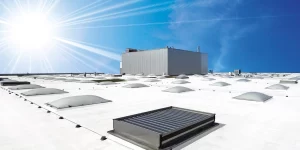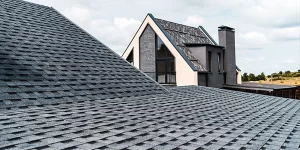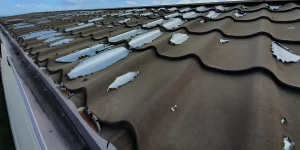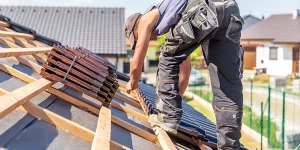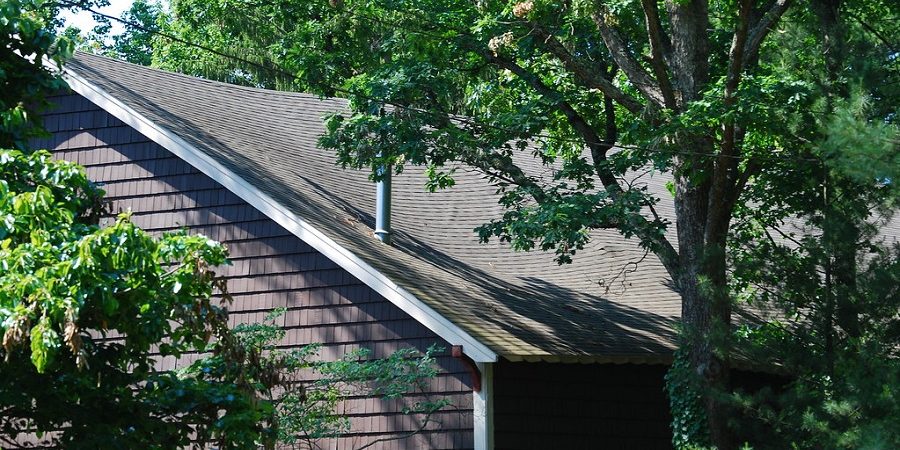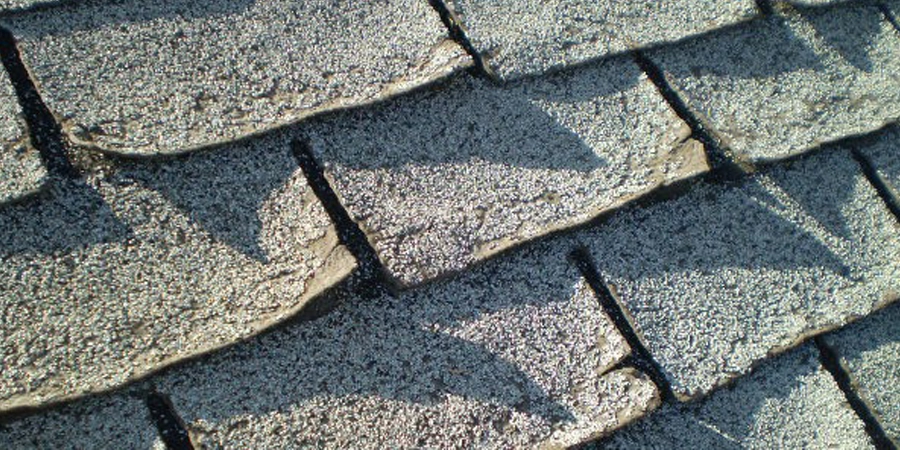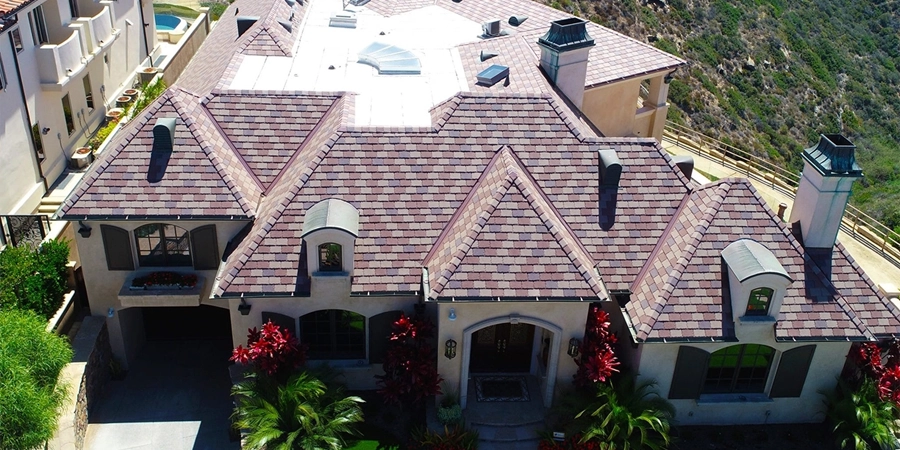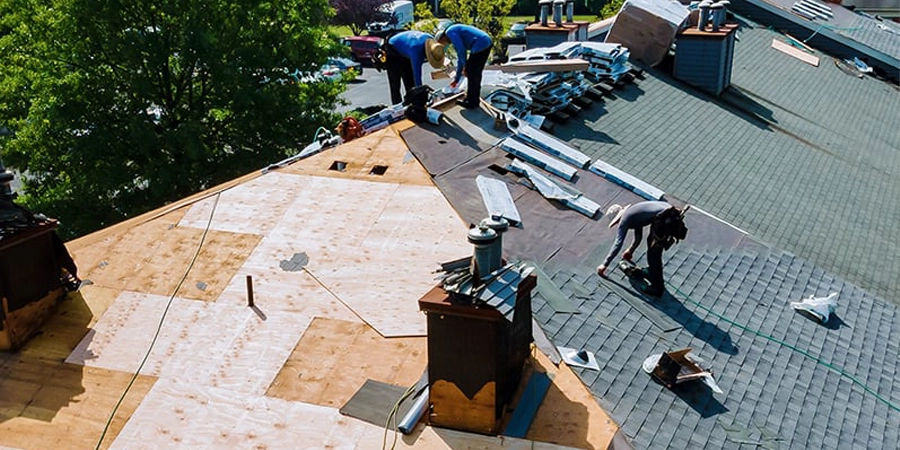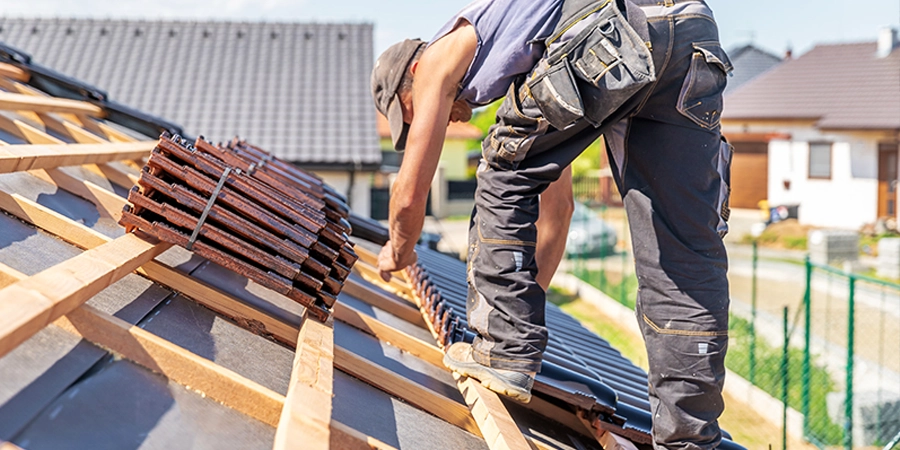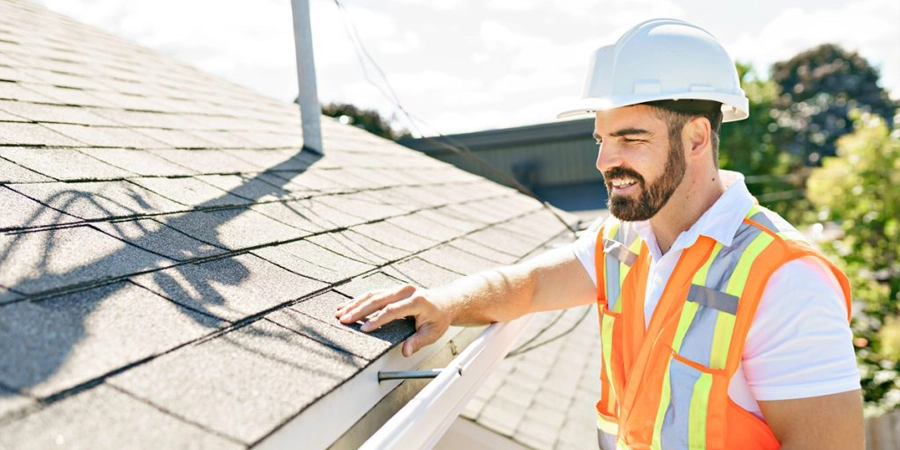Exploring Coverage, Types, and Considerations
A roofing project is a significant investment for homeowners and businesses alike. It not only safeguards the structural integrity of a building but also contributes to its aesthetic appeal. Given the importance of a well-constructed and durable roof, it’s imperative to understand the warranty that accompanies a roofing project. A warranty serves as a safety net, providing assurance that the roof will be free from defects and stand the test of time. In this article, we delve into the intricacies of roofing warranties, examining their coverage, types, and important considerations.
Understanding Roofing Warranties
A roofing warranty is essentially a promise made by the contractor or manufacturer to remedy defects in materials, workmanship, or both, over a specified period after the completion of the roofing project. It’s a commitment to stand behind the quality of the work or products provided. Warranties can vary significantly in terms of coverage, duration, and conditions, so it’s crucial to thoroughly review the warranty documents before undertaking a roofing project.

Types of Roofing Warranties
- Manufacturer’s Warranty: This type of warranty is offered by the manufacturer of the roofing materials used in the project. It covers defects in the materials themselves, such as shingle or tile defects. Manufacturer’s warranties can range from 20 to 50 years or more, depending on the type and quality of the materials.
- Workmanship Warranty: Provided by the roofing contractor, a workmanship warranty covers errors in the installation process. This could include issues like improper flashing, poor ventilation, or leaks caused by installation errors. Workmanship warranties typically range from one to ten years.
- Combined Warranty: Some roofing projects come with a combined warranty that covers both the materials and the installation. These warranties offer comprehensive coverage, addressing both material defects and workmanship issues.
Coverage Variations
It’s crucial to understand the scope of coverage provided by a roofing warranty. Coverage can vary widely between warranties, and homeowners should pay close attention to the following aspects:
- Materials: Manufacturer’s warranties generally focus on defects in the roofing materials. They might cover issues like cracking, blistering, premature granule loss, and wind damage. However, some warranties might have exclusions or limitations that homeowners need to be aware of.
- Workmanship: Workmanship warranties focus on the quality of the installation. They cover issues arising from installation errors, such as leaks, improper flashing, or inadequate ventilation.
- Transferability: Some warranties can be transferred to subsequent homeowners, enhancing the property’s resale value. This is an important consideration, as it offers potential buyers assurance that the roof is covered under warranty.
- Prorated vs. Non-Prorated: A prorated warranty’s coverage decreases over time, meaning that the older the roof, the less the warranty covers. A non-prorated warranty maintains the same coverage level throughout its duration. Homeowners should be wary of prorated warranties, as they might provide limited protection in the later years.
Considerations and Factors
- Contractor Reputation: Choosing a reputable and experienced contractor is paramount. A contractor with a history of quality work is more likely to provide a reliable warranty and deliver a lasting roofing solution.
- Read the Fine Print: Carefully review the warranty documents to understand its terms, limitations, and requirements. Clarify any doubts with the contractor or manufacturer before starting the project.
- Regular Maintenance: Most warranties require regular maintenance to remain valid. Failing to perform routine inspections and maintenance tasks might void the warranty.
- Environmental Factors: Consider your geographical location and the local climate when selecting roofing materials and evaluating warranty coverage. Different materials might be better suited to specific weather conditions.
- Document Everything: Maintain a record of all communications, contracts, and maintenance activities related to the roofing project. This documentation can be valuable if any warranty claims need to be made.
A roofing warranty is a vital aspect of any roofing project. It provides peace of mind, assuring homeowners and businesses that their investment is protected against defects and workmanship errors. By understanding the different types of warranties, coverage variations, and important considerations, individuals can make informed decisions when embarking on a roofing project. Remember, a warranty is a two-way commitment; while the contractor or manufacturer pledges quality, homeowners must uphold their end by adhering to maintenance requirements. A well-maintained roof, backed by a solid warranty, ensures not only protection but also the longevity of a property.

